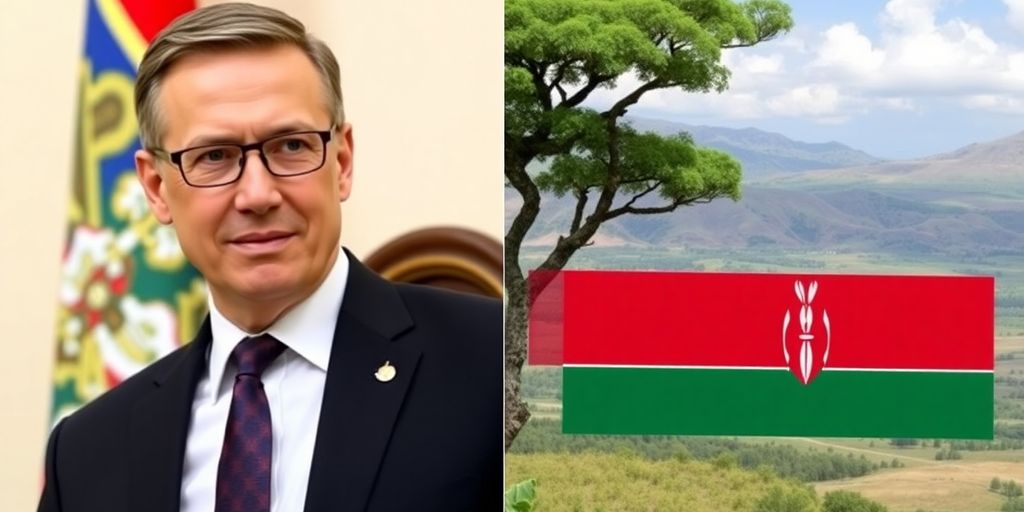In a recent statement, Serbian President Aleksandar Vucic revealed that he personally appealed to Kenyan President William Ruto during a meeting in New York, urging him not to recognize Kosovo’s independence. Despite Vucic’s pleas, Kenya has moved forward with recognizing Kosovo, a decision that has significant implications for Serbia and its diplomatic relations.
Key Takeaways
- Vucic expressed his concerns about the pressure Kenya faced regarding Kosovo’s recognition.
- The recognition of Kosovo by Kenya marks a significant shift in diplomatic relations in the region.
- Serbia continues to oppose Kosovo’s independence, viewing it as a violation of its sovereignty.
Background on Kosovo’s Independence
Kosovo declared independence from Serbia in 2008, a move that has been recognized by over 100 countries, including the United States and most European Union member states. However, Serbia, along with several other nations, does not recognize Kosovo as an independent state, leading to ongoing tensions in the Balkans.
Vucic’s Diplomatic Efforts
During his conversation with President Ruto, Vucic emphasized the historical and cultural ties between Serbia and Kenya, hoping to leverage these connections to dissuade Kenya from recognizing Kosovo. He stated, "I begged him not to do it, no matter how much pressure I knew they were under to do something like that … But Kenya did it."
This statement highlights the challenges Serbia faces in maintaining its stance against Kosovo’s independence, especially as more countries choose to recognize it.
Implications of Kenya’s Recognition
The decision by Kenya to recognize Kosovo could have several implications:
- Increased Pressure on Serbia: As more countries recognize Kosovo, Serbia may find itself increasingly isolated in its position.
- Regional Stability: The recognition could exacerbate tensions in the Balkans, where ethnic and nationalistic sentiments remain sensitive.
- Diplomatic Relations: Serbia may need to reassess its diplomatic strategies and alliances in light of Kenya’s decision.
Conclusion
Vucic’s appeal to Kenya underscores the ongoing complexities of international diplomacy regarding Kosovo. As nations navigate their foreign policies, the recognition of Kosovo remains a contentious issue that continues to shape the geopolitical landscape of the Balkans and beyond. Serbia’s efforts to maintain its territorial integrity and sovereignty will likely continue to face challenges as more countries align with Kosovo’s independence.






